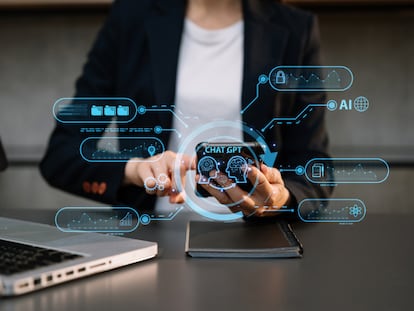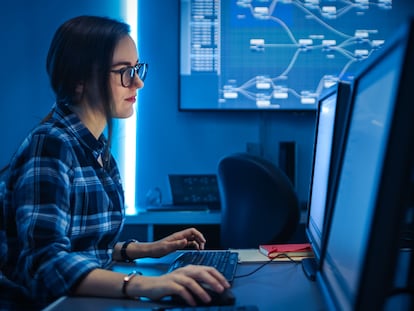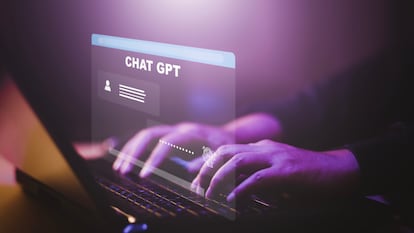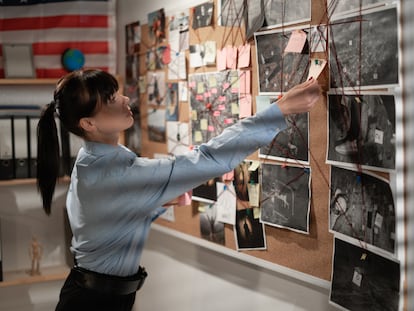Cable sobre la insistencia de EE UU para el relevo del jefe del Ejército
El embajador estadounidense insiste a Lobo en que el tiempo se está agotando y si él no toma medidas para destituir al general Vásquez Velásquez, la comunidad internacional le presionará y entonces parecerá que actúa sometido a las presiones de fuera
| ID: | 249074 |
| Date: | 2010-02-17 01:59:00 |
| Origin: | 10TEGUCIGALPA143 |
| Source: | Embassy Tegucigalpa |
| Classification: | SECRET |
| Dunno: | |
| Destination: | VZCZCXRO5194 OO RUEHAO RUEHRS DE RUEHTG #0143/01 0480159 ZNY SSSSS ZZH O 170159Z FEB 10 FM AMEMBASSY TEGUCIGALPA TO RUEHC/SECSTATE WASHDC IMMEDIATE 1669 INFO RUEHWH/WESTERN HEMISPHERIC AFFAIRS DIPL POSTS IMMEDIATE RHEHAAA/THE WHITE HOUSE WASHDC IMMEDIATE RUEKJCS/SECDEF WASHDC IMMEDIATE RUEAIIA/CIA WASHDC IMMEDIATE RUEATRS/DEPT OF TREASURY WASHDC IMMEDIATE RHEHAAA/NATIONAL SECURITY COUNCIL WASHINGTON DC IMMEDIATE RUEKJCS/JOINT STAFF WASHDC IMMEDIATE RUEHLMC/MILLENNIUM CHALLENGE CORP WASHINGTON DC IMMEDIATE 1309 RHMFISS/CDR JTF-BRAVO IMMEDIATE RHMFISS/CDR USSOUTHCOM MIAMI FL IMMEDIATE RHMFISS/CDR USSOUTHCOM MIAMI FL//CINC/POLAD// IMMEDIATE |
S E C R E T SECTION 01 OF 02 TEGUCIGALPA 000143 SIPDIS STATE FOR WHA/CEN E.O. 12958: DECL: 02/16/2020 TAGS: PGOV, KDEM, PREL, MARR, HO SUBJECT: AMBASSADOR AND PRESIDENT LOBO DISCUSS THE NEED TO APPOINT NEW MILITARY HIGH COMMAND TEGUCIGALP 00000143 001.2 OF 002 Classified By: Ambassador Hugo Llorens, reason 1.4 (b & d) 1. (S) The Ambassador and President Lobo met for 90 minutes on February 14 at the Residence. While the two discussed a myriad of issues of interest to the bilateral relation (septel), the Ambassador took the opportunity to stress our growing concern of the continued presence and participation in Lobo's government of the regime Minister of Defense Lionel Sevilla and Chief of Defense Romeo Vasquez Velasquez. The Ambassador appreciated the commitments that Lobo had made to appoint new leadership in the political-military hierarchy, an issue that they had discussed on two previous occasions (on January 23 and 29). Nevertheless, the Ambassador said the clock was ticking and that there was no indication of any imminent decision to make the needed personnel changes. The Ambassador stressed that many in the international community, including in Washington, were looking for Lobo to demonstrate his leadership and commitment to restore Honduras fully on the path of democracy. The Ambassador added that a key element was to make clear strong civilian control of the military. The presence of two key members of the Micheletti regime, and their links to the coup, made this a troubling situation in the minds of many inside and outside Honduras. 2. (S) Lobo responded that he remained committed to asserting control of the military. He noted that the military was under great strain and that confusion and uncertainty reigned due to the officers' isolation and the fallout from the June 28 coup. Lobo said he believed that the military had been manipulated by both Zelaya and his opponents on the political right. He wanted to be fair to the military and help it regain its balance. He also expressed concern that the situation in Honduras remained unstable and that potentially he would need the military to help him maintain order in the event that extremists launched a wave of protests. He said he feared that if he acted precipitously, the military might turn against him. 3. (S) The Ambassador agreed that the military had to be treated fairly; but also it was important for him as the Commanding General to be firm and decisive. The Ambassador expressed confidence that the military would follow his strong leadership and direction. The appointment of new leadership would allow the Honduran military to begin the process of looking to the future and turning the page. He urged the President to appoint a new civilian minister who would be loyal to him and have no ties to the regime. The Ambassador also said it was also critically important for General Vasquez to step down. The Ambassador made clear that the U.S. was not in a position to reengage with the Honduran military and restore military assistance until new leadership was in place. 4. (S) Lobo appreciated the Ambassador's straight forward and honest advice. He admitted that Vasquez was angling to stay on, or be appointed as Minister of Defense. Lobo made clear that he would ensure that Vasquez would step down, but wanted to do it carefully. He said he was under pressure from some within the officer corps to appoint Army Chief General Garcia Padgett. The Ambassador said that the two individuals most closely connected to the military side of the coup were Vasquez and Garcia Padgett. The Ambassador discouraged Lobo from appointing Garcia Padgett. He suggested that Lobo consider appointing General Doblado, a scrupulous and highly respected officer. The Ambassador said Garcia Padgett was a relatively young general and a strong institutional argument could be made in favor of someone like Doblado. Lobo said he planned to meet with the 120 member senior officer corps on February 16 and make the case for the need to change the leadership. He said he would do the right thing with regards to the military and would show the U.S. and the world that he was in control, but said he would not be hasty in making the decision. The Ambassador suggested that Lobo act sooner rather than later since the international community had not yet voiced this concern publicly. If he waited the international public criticism would not be long in coming and he would then be seen as bowing to foreign pressure, which would be worse. Lobo said he would take U.S. views into consideration in making his final decision. He said he TEGUCIGALP 00000143 002.2 OF 002 would ultimately do the right thing. LLORENS |
Traducción automática. Puede que el texto traducido no sea fiel al original
Tu suscripción se está usando en otro dispositivo
¿Quieres añadir otro usuario a tu suscripción?
Si continúas leyendo en este dispositivo, no se podrá leer en el otro.
FlechaTu suscripción se está usando en otro dispositivo y solo puedes acceder a EL PAÍS desde un dispositivo a la vez.
Si quieres compartir tu cuenta, cambia tu suscripción a la modalidad Premium, así podrás añadir otro usuario. Cada uno accederá con su propia cuenta de email, lo que os permitirá personalizar vuestra experiencia en EL PAÍS.
¿Tienes una suscripción de empresa? Accede aquí para contratar más cuentas.
En el caso de no saber quién está usando tu cuenta, te recomendamos cambiar tu contraseña aquí.
Si decides continuar compartiendo tu cuenta, este mensaje se mostrará en tu dispositivo y en el de la otra persona que está usando tu cuenta de forma indefinida, afectando a tu experiencia de lectura. Puedes consultar aquí los términos y condiciones de la suscripción digital.




























































